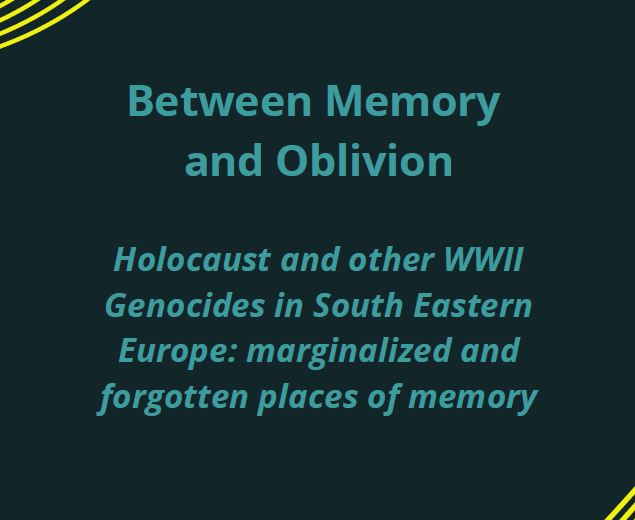BMO / Online campaign - Publication

The research literature on the war crimes committed in Southeastern Europeduring the Second World War and their (ever-changing) place in collectivememory fills entire libraries. Nevertheless, these crimes are hardly anchored inthe pan-European memory. This is partly due to the fact that, on the one hand,the political instrumentalization of the history of the Second World War inSoutheastern Europe continues to this day — for example, through thesimplistic assignment of victim and perpetrator roles along the lines of ethnicityor through historical-political and historical revisionist debates about thenumber of victims of crimes. However, this is also due to the fact that thecrimes committed by the occupying powers in Southeastern Europe and theirvictims are rarely present in the public culture of remembrance, for example, intoday's Federal Republic of Germany or in Italy.
This publication, therefore, has a twofold objective: on the one hand, it is aboutcounteracting the instrumentalization of history to legitimize ethnic-nationalarguments in the present day. On the other hand, our goal is to makeSoutheastern European sites of mass crimes in the Second World War visible astransnational sites embodying the experience of the war and as transnational,European sites of memory.
We want to achieve this
1) by focusing on marginalized and forgotten sites of mass crimes in this region,and
2) by taking a distinct transnationally oriented empirical research approach.
Inspired by the project themes and activities, university and PhD students,young researchers and professionals, contributed
to the currentpublication, with their case studies, reports, and impressions.
